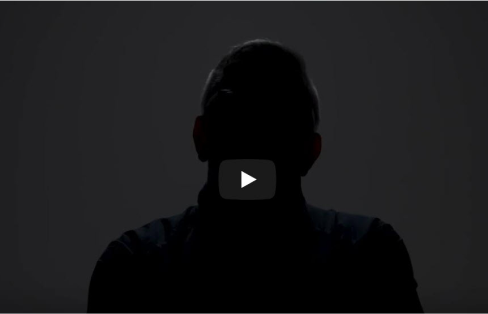On your bail return date, the police should have reviewed the progress of their investigation and decided on the next steps. As mentioned above, they may conduct a further interview if further evidence has been obtained. They may charge you with an offence if they believe there is enough evidence to proceed. If they still need more time to conduct the investigation, they may seek to extend your bail period. If the investigation remains ongoing but the conditions of bail are no longer necessary or proportionate, they may release you under investigation. If the police conclude that there is insufficient evidence or it is not in the public interest to proceed, they will close the case with no further action bringing the matter to an end.
When you attend the police station for your bail return date, you will be booked into custody and searched, following a similar process to when you were first arrested. However, you are unlikely to be at the station for as long as you were during your initial detention. The reason for this custody procedure for your bail return date is that the police must comply with the 24-hour detention clock that started to run when you were first detained at the station from your initial arrest. If they need to interview you again, any time spent doing so must be deducted from this 24-hour limit. If the police run out of time on the detention clock, they cannot keep you in custody unless they obtain an extension from an Inspector. If they do not seek or obtain an extension, they must release you under investigation before interviewing you. This will mean you will no longer be on bail, and any further interviews must be conducted voluntarily rather than in detention. This also means that you would no longer be subject to bail conditions while the investigation continues.
If you are due to return to the police station for bail, we can advise you beforehand, attend with you, and challenge any unnecessary extensions. Our priority is to ensure that your case is handled fairly and that you are not kept on bail longer than necessary.











